Is Cider Better for the Planet?

Go Green - drink cider.
Mash up some apples, squeeze the juice out, barrel it up then just leave it. Cider is just about as green as you can get. As people become more aware of the biodiversity and climate change crisis we should shout about how important orchards are, and I think we should all push how carbon efficient, biodiverse, and sustainable cider is.

Compromise. This is a word that has been used quite commonly when we speak about adopting eco-friendly and sustainable measures. It is also a word which has some negative connotations attached to it. As a result, when we talk about opting for the sustainable option, it's often seen as something that is less enjoyable but ideal for the greater good.
There is one such exception here - cider.
The alcohol industry has a significant negative impact on the environment. So while it is unrealistic to expect the number to drop to zero, switching preferences to more sustainable drinks such as cider can enable us to have the best of both worlds. We can have the cake and eat it, too.
While the impact of our beverage choices on the planet isn't a topic that is too widely discussed, it is one that we as responsible and aware citizens must talk about more openly. Especially because of the quality of alternatives available.
Here are 3 core (excuse the pun!) reasons why you should #rethinkcider as a versatile and eco-friendly drink:
Cider is more Carbon Efficient
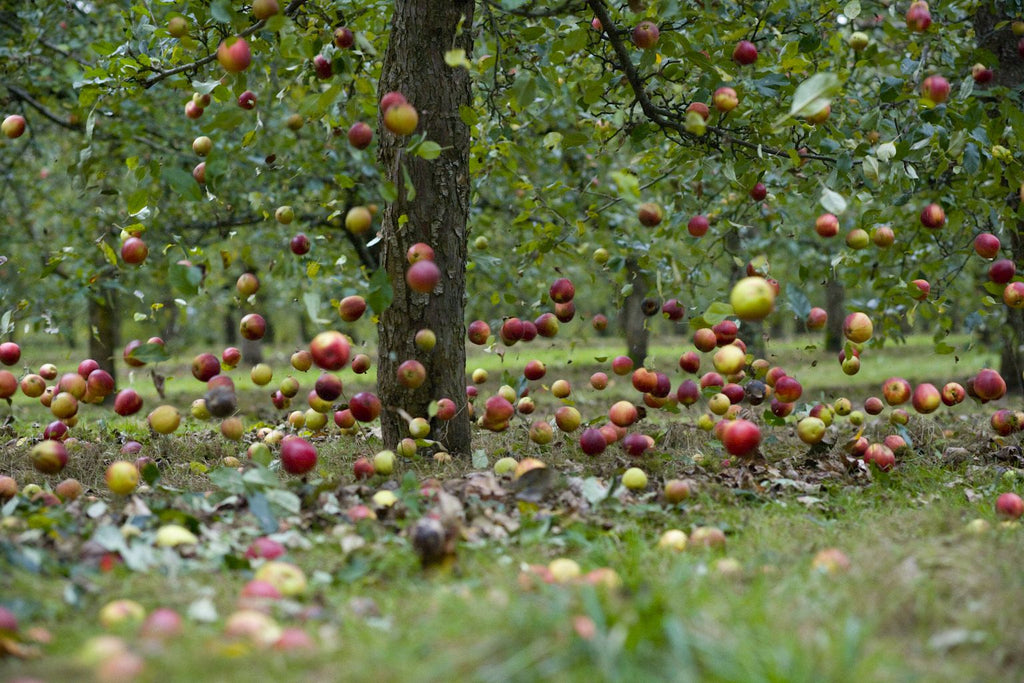
Most commercially made cider requires refrigeration, and refrigeration requires energy. Here’s where the problem lies. It is unlikely that the electricity required by the refrigerators and other equipment in the cidery is obtained from sustainable methods (just yet). Add to that the impact of CFCs and we have a setup that is far from ideal. The thing is, this bit applies to most other beverages, too.
The case for cider is really built when we consider newer refrigeration technologies and gases that are far more friendly to the environment coupled with sustainable sources of energy. For example, US producer Rack & Cloth uses solar power for their equipment which has helped them turn into an energy positive company. Essentially, their solar setup produces more energy than they require. When we integrate methods like these in the production process of ciders (or other alcohols for that matter), the impact is profound.
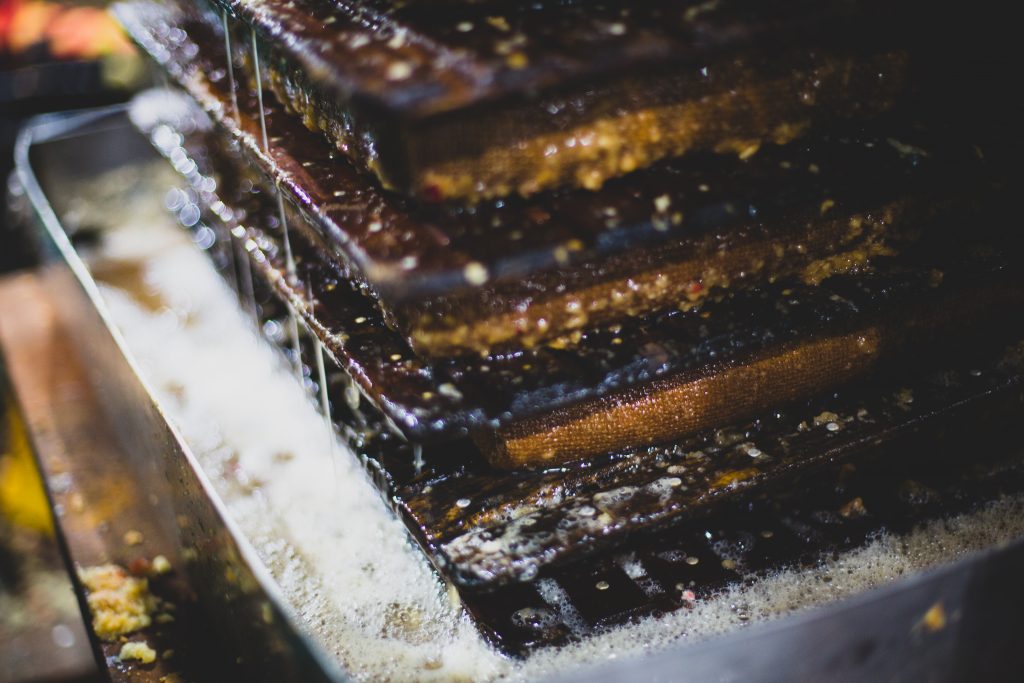
image credit: Ribtickler pressing @ Sandford Orchards (check out their website here)
Smaller orchard based cider makers have even more of a leg up. Many use low intervention methods such as handpicking their apples, wild fermentation, bottle conditioning and use cellar temperatures to control fermentation. From bud to bottle that's a super low impact on the environment!
Another important aspect one must consider is the transport of the beverage. For instance, a huge chunk of all alcoholic beverages consumed in the United Kingdom are imported. This means one must factor in the emissions caused by the transport, too. A good solution to this is to opt for the local option. Whether it’s a small family-owned cidery or a larger business, as long as you’re buying quality local cider you are cutting down on the overall carbon footprint.
Cider vs Other Drinks
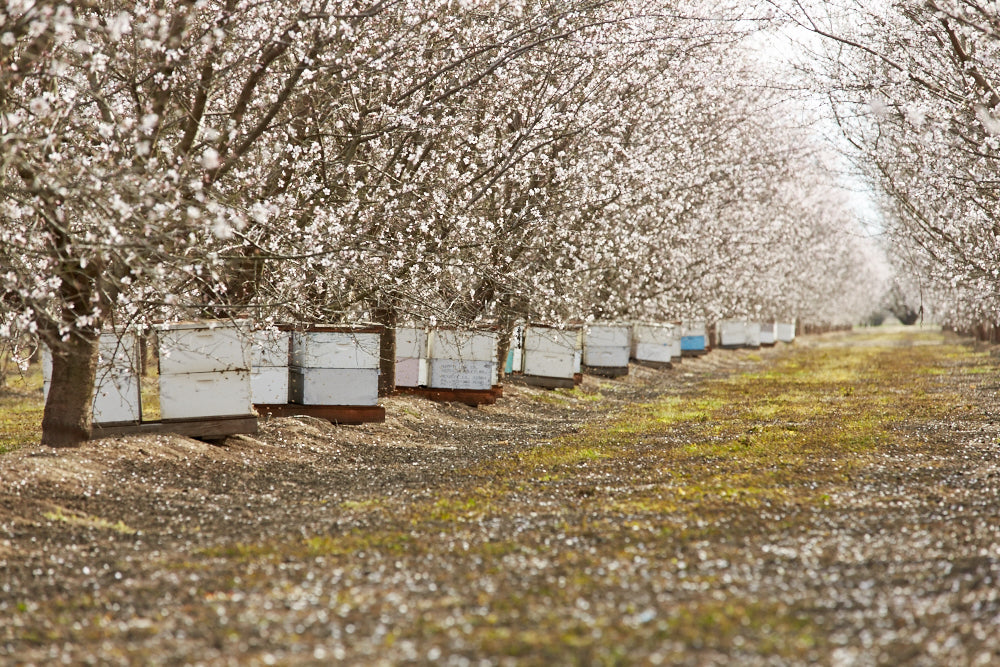
Wine: Prima facie, wine looks like a solid option for the environmentally conscious drinker. This is due to the fact that wine production requires little to no heating and the water used is considerably lower as well. Coupled with reusable/recyclable packaging and local produce, wine really does make a strong point for itself as a sustainable beverage. That is until you consider one very important statistic - GHG (greenhouse gases) emissions. Wine and other spirits, when compared to beer, produce far more GHGs per drink. We all know just how important GHGs are when we’re talking about an environmentally-friendly option, and that really takes the crown away from wine as the most sustainable beverage.
Beer: Interestingly, the brewing process of beer accounts for just 20 percent of the overall impact on the environment. The other 80% is due to other aspects of beer production including raw materials, transportation, refrigeration, etc. Take for example UK beer production, we import around half of our grain and if they brewers are using hops then 2/3 of brewers use less than 50%. That's a HUGE hit to the environment in terms of carbon emissions!
Another important point to consider is the fact that breweries typically end up using a LOT more water than what one could imagine - think five to ten times the amount that is actually bottled and sold. Add these to the still-high GHGs that beer production involves (despite it being lower than wine and other spirits), you have a beverage that, while better than wine, is still far from the perfect sustainable adult juice.
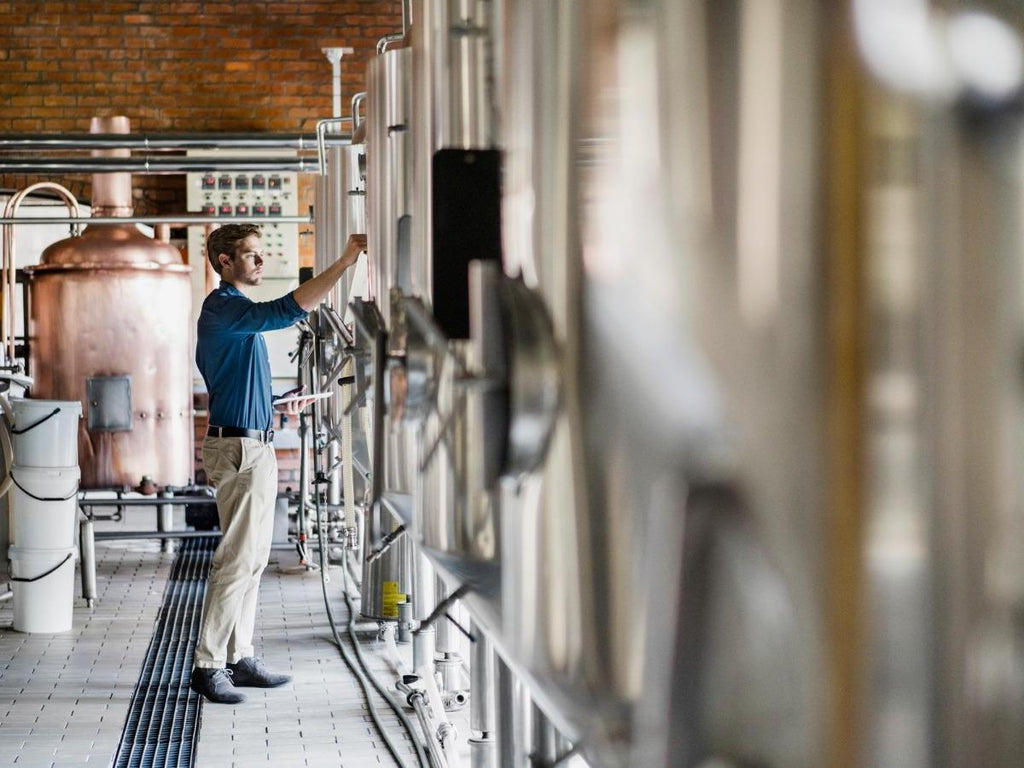
Cider: It would be a fair assumption on one’s part to think that the environmental impact of beer and cider would be comparable. However, when you consider that the production process for cider is far simpler and straightforward than beer, things change. Traditionally made cider uses nature, Moreover, orchards (as we’ll discuss in the next point) are quite planet-friendly. This is because they are essentially simple forests that absorb carbon dioxide rather than producing it. And since carbon dioxide is a greenhouse gas, this very component of cider production is enough to give it a massive lead when compared to beer, since the bottling and transportation aspects are largely similar. Head cider-maker at Sandford Orchards Barny Butterfield explains this well
"because apples are naturally sweet, their juice ferments without the need to boil. Indeed we make ciders, which have never got warmer than 14 degrees C from the day the apple was picked to the day the cider is drunk."
You can further ensure that you’re consuming a sustainable option by opting for a local cider, preferably one that uses recyclable packaging and renewable energy.
Biodiversity of Orchards
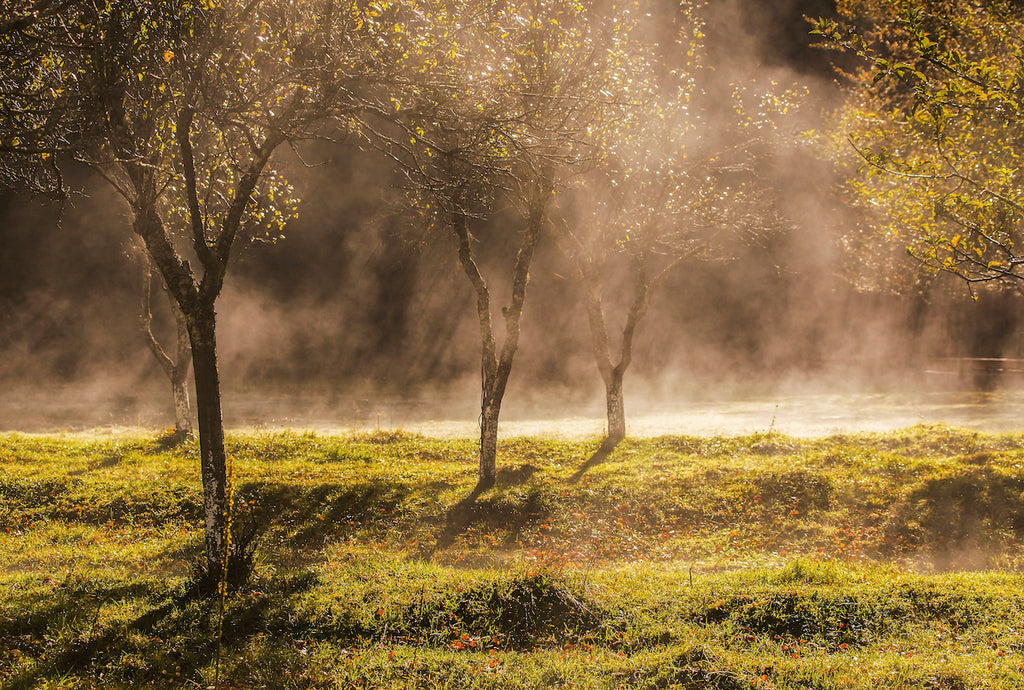
Apple orchards provide a more sustainable habitat for wildlife than, say, a field of barley, hops or vines. But surely it all comes down to how intensively the farmer manages that acre of land.
Indeed, it has a positive environmental impact with orchards providing habitats for a huge range of wildlife. They are hotspots for biodiversity in the countryside, capable of supporting a wide range of wildlife. A study by Natural England in 2004 surveyed the wildlife of six English orchards, with over 200-300 species of mosses, liverworts, lichens, fungi and invertebrates.
So what? Let's face it a bit of moss on a tree doesn't bring up the same war, fuzzy feeling most people get from woodland animals such as a deer, rabbit or fox (also supported by many orchards!) BUT mosses and lichens are the unsung heroes in the battle to save our planet. They play such a vital role in our ecosystem; managing rainfall, keeping nutrients in place, reducing toxic pollutants in the air and finally acting as a carbon-sink.
Everyone loves bees, right? Orchards are where bees thrive and pollinate. They’re a secret provider to the cider industry and their numbers are falling, with one third of UK bumble bees disappearing in the last decade.
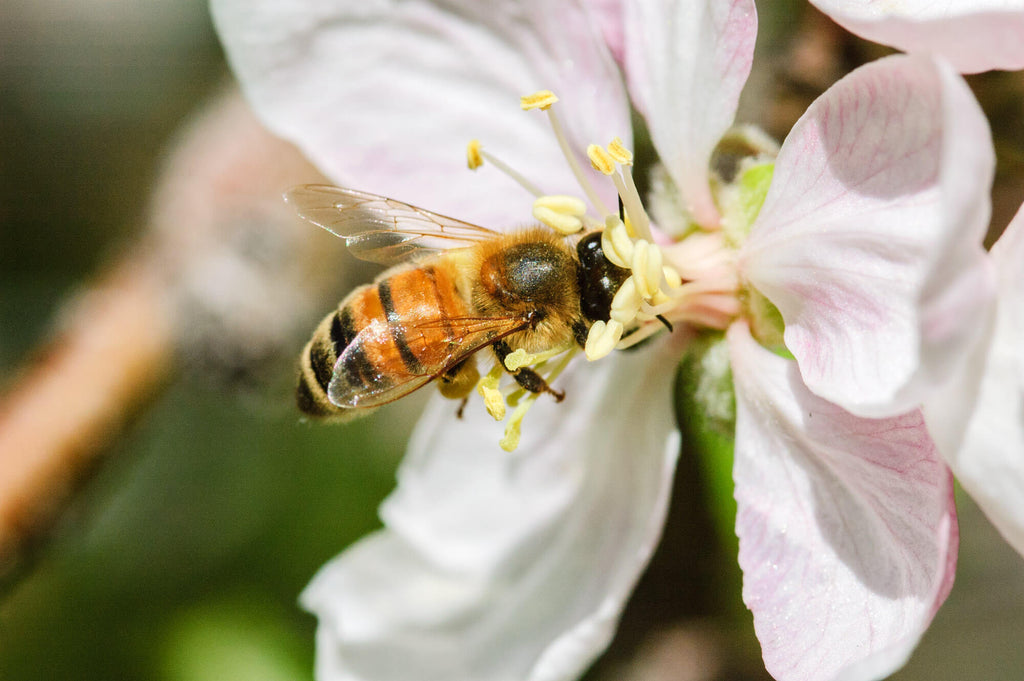
The sad news is that orchards in the UK have been in decline since the 1950s, which is not only making an impact on the amount of CO2 being made into oxygen for us, but the wildlife is subsequently taking a hit too. Large commercial ciders only contain around 35% juice with the rest being water, so the need for fruit and therefore orchards is diminishing.
This means we need to support small producers to save the bees! A product is made in small batches, from whole fruit and natural ingredients, and by someone with a genuine passion and intimate knowledge of the apple, the orchard and the cider. And it’s ethical.
Opportunity to Attract a new audience of drinkers
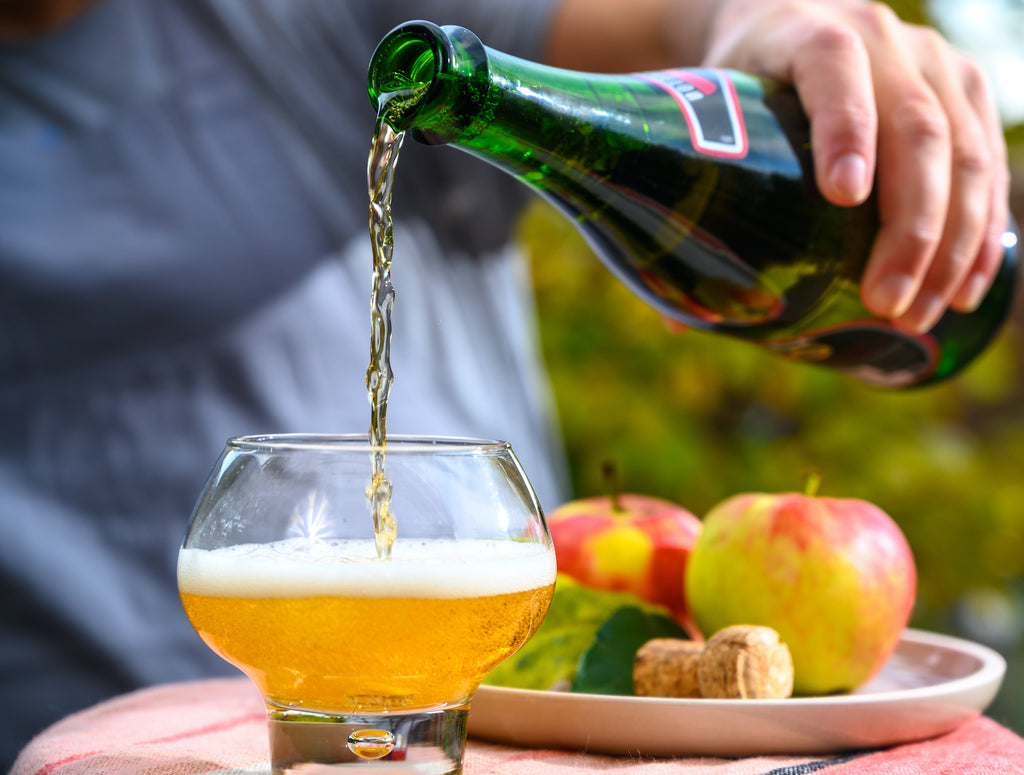
Not only this, but craft ciders and perries are vegan-friendly, gluten-free and healthier than other alcoholic drink choices (health benefits of cider). This opens up a WORLD of opportunities for cider makers to reach out and engage with a new audience, particular those that are familiar with the ciders outside Strongbow or Kopparberg.
With an increasing number of drinkers that are opting for different lifestyle choices, such as the aforementioned vegan & gluten-free options, finding enjoyable beverages can become quite a task. For instance, the most commonly consumed beverage, beer, is not gluten-free. Most brands aren’t vegan, either due to certain methods in the brewing process. This can make it especially difficult for someone to find a delicious beverage.
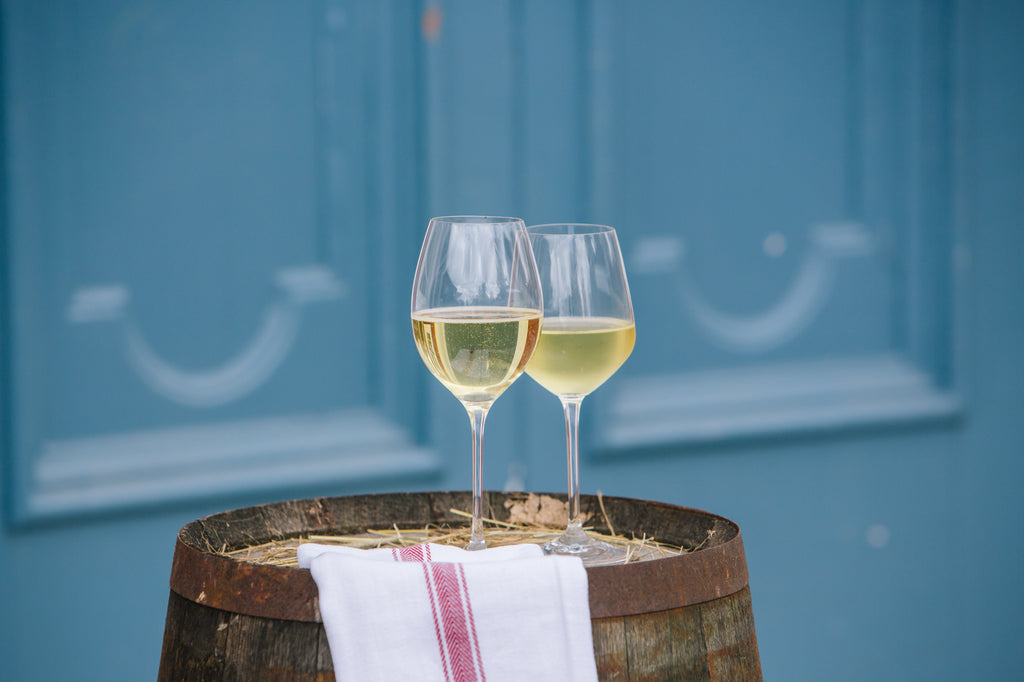
A good cider can be just what the doctor orders. 'Why,' do you ask?
Well, for starters, cider is typically made from apples. And apples, unlike barley, are gluten-free. And while all ciders are not vegan, there are some really good options for the vegans, too. If you’d like to learn more about vegan ciders, you should check out this article!
There’s also the added advantage of opting for a cider that is made locally or organically since there are plenty of such options available very easily. Or, you could try making your own! I mean, think about it, in the age of sustainable diet choices and organic, healthy food, is it really advisable to drink the same beverages without knowing how they’re made or what they’re made of? Especially when there are options like ciders which can be organic, vegan, gluten-free and...wait for it...eco friendly!
So what would be your preference - a drink that’s more environmentally friendly OR the plain old options we’ve had that, while still good, fall short on several areas. If Greta Thunberg was of age to drink, we hope after reading this cider would be her dink of choice.
Let's all raise a glass to cider this earth day!
Cider Sustainability Sources:
http://publications.naturalengland.org.uk/file/81055
https://www.sandfordorchards.co.uk/blog/why-cider-more-sustainable/
https://www.thatcherscider.co.uk/about/sustainability/
https://www.bonappetit.com/story/is-natural-wine-better-for-the-planet
https://toolbox-siba.co.uk/documents/Facts%20&%20Figures/British%20Beer%20Reports/SIBA%20Members%20Survey%202018.pdf
https://www.ciderculture.com/sustainability-cider-industry-part-1/
https://nationalenvironmentalpro.com/guide-drinking-best-alcohol-for-the-environment/
https://ec.europa.eu/clima/policies/transport/shipping_en








Excellent blog and well explained. Let’s hope more drinkers take this on board!
Leave a comment